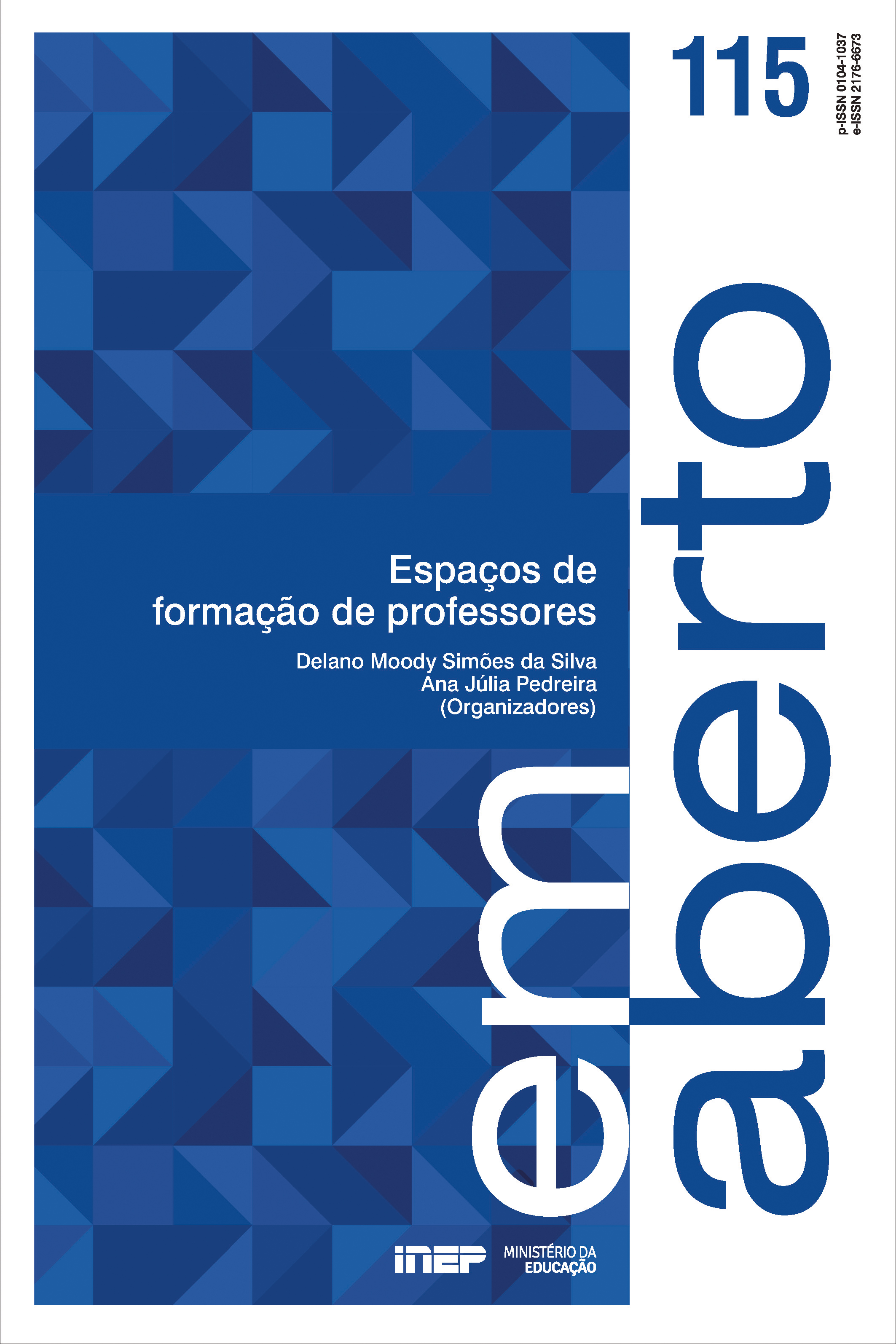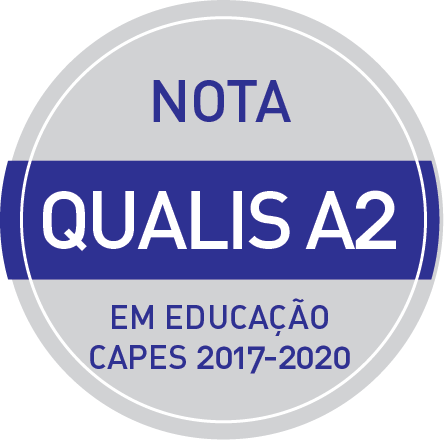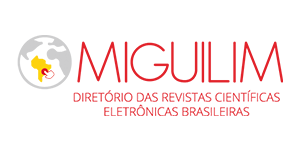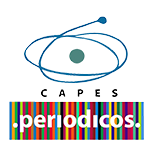Expanding institutionalized learning spaces in/for science teacher education: the case of a community garden in Ottawa
Abstract
The purpose of this experience report is to share and reflect on the authors’ views and experiences of adopting a place-based pedagogy in a community garden to create a science learning space within an institutionalized teacher education program in Ottawa, Canada. The situations described here are based on loose (autobiographical) recollections of events that occurred over the last five years in science methods courses taught by the first author while taking student teachers on a field trip to a local urban community garden. In addition, we present a sample of selected informal feedback collected from participants in support of our argument that noninstitutionalized outdoor urban spaces can provide valuable opportunities to enrich science student teachers’ experience in teacher education programs.
Downloads
References
BEAMES, S., HIGGINS, P.; NICOL, R. Learning outside the classroom: theory and guidelines for practice. London: Routledge, 2012.
BENTON-SHORT, L.; SHORT, J. R. Cities and nature. London: Routledge, 2013.
BODZIN, A. M.; KLEIN, B. S.; WEAVER, S. (Ed.). The inclusion of environmental education in science teacher education. Dordrecht: Springer, 2010.
BRITZMAN, D. Practice makes practice: a critical study of learning to teach. New York: SUNY Press, 2003.
BYRNE, T. V. Where the spirit lives: the history of St. Joseph’s Parish – 1856- 2006. Ottawa, 2007. Retrieved from: https://st-josephs.ca/wp/wp-content/uploads/2011/11/Where-the-Spirit-Lives1.pdf. Access in: 3 Jan. 2023.
CAPRA, F. The web of life: a new scientific understanding of living systems. New York: Anchor Books, 1997.
COLLINS, S. et al. What “ideas-about-science” should be taught in school science? A Delphi study of the expert community [Paper presentation].2001 Annual Conference of the American Educational Research Association, Seattle, USA, 2001 (April 10-14). Retrieved from: https://eprints.soton.ac.uk › aera_epse3_delphi.
CONROY, C. Reconciliation and the doctrine of creation. Critical Theology, [S.l.], v. 3, n. 2, p. 19-22, 2021.
DEWEY, J. Democracy and education: an introduction to the philosophy of education. [S.l.], 1916. Retrieved from: https://edtechbooks.org/democracyandeducation. Access in: 3 Jan. 2023.
FAZIO, X. Science learning with and in communities: engaging students through authentic community-based science. [S.l.], 2016. Retrieved from: https://www.edcan.ca/articles/science-learning-with-and-in-communities/#footnote-261-4. Access in: 3 Jan. 2023.
FLETCHER, T. Elementary physical education: fitness sessions or whole-child development? Canadian Journal for New Scholars in Education, [S.l.], v. 2, n. 1, p. 1-8, July 2009.
FRANCISCO (Papa). Carta encíclica: laudato si’ do santo padre Francisco sobre o cuidado da casa comum. 2015. Disponível em: https://www.vatican.va/content/francesco/pt/encyclicals/documents/papa-francesco_20150524_enciclica-laudatosi.html. Acesso em: 3 jan. 2023.
FULTON, L.; CAMPBELL, B. Science notebooks: writing about inquiry. [S.l.]: Heinemann, 2014.
GARDNER, G. E.; JONES, M. G.; FERZLI, M. Popular media in the biology classroom: viewing popular science skeptically. The American biology teacher. Oakland, v. 71, n. 6, p. 332-335, Aug. 2009.
GORDON, D. The concept of the hidden curriculum. Journal of Philosophy of Education, Oxford, v. 16, n. 2, p. 187-198, Dec. 1982.
GREENWOOD, D. A. A critical theory of place-conscious education. In: STEVENSON, R. B. et al. International handbook of research on environmental education. London: Routledge, 2013. p. 93-100.
HALUZA-DELAY, R. Educating for environmental justice. In: STEVENSON, R. B. et al. (Ed.). International handbook of research on environmental education. London: Routledge, 2013. p. 394-403.
JENSEN, D. The myth of human supremacy. New York: Seven Stories Press, 2016.
KARROW, D. D.; DIGIUSEPPE, M. (Ed.). Environmental and sustainability education in teacher education: canadian perspectives. [S.l.]: Springer, 2020.
LYSGAARD, J. A.; BENGTSSON, S.; LAUGESEN, M. H. L. Dark pedagogy: education, horror and the Anthropocene. [S.l.]: Palgrave Macmillan, 2019.
MARTUSEWICZ, R. A. A pedagogy of responsibility: Wendel Berry for ecojustice education. New York: Routledge, 2019.
McMURTRY, A.; REIS, G. The ecology of teaching & learning (science). Revista Multidisciplinar, [S.l.], v. 1, n. 1, p. 5-16, 2019.
METZ, K. Rethinking what is “developmentally appropriate” from a learning progression perspective: The power and the challenge. Review of Science, Mathematics and ICT Education, Patras, v. 3, n. 1, p. 5-22, 2009.
MILBOURNE, P. Everyday (in)justices and ordinary environmentalisms: community gardening in disadvantaged urban neighbourhoods. Local Environment, London, v. 17, n. 9, p. 943-957, 2012.
ONTARIO. Ministry of Education. Science: grade 9. 2022. Retrieved from: https://www.dcp.edu.gov.on.ca/en/curriculum/secondary-science/courses/snc1w/program.
ORR, D. What is education for? Six myths about the foundations of modern education, and six new principles to replace them. [S.l.], 1991. Retrieved from: https://www.context.org/iclib/ic27/orr/. Access in: 3 Jan. 2023.
OSBORNE, J. et al. What should we teach about science? A Delphi study. London: King’s College, 2001.
PHELPS, N. Infinite ethics: An inclusive vision for a diverse world. In: NOCELLA, II, A.; BENTLEY, J.; DUNCAN, J. (Eds.). Earth, animal and disability liberation: the rise of the eco-ability movement. New York: Peter Lang, 2012. p. 205-222.
PLUMWOOD, V. Environmental culture: the ecological crisis of reason. London: Routledge, 2002.
PURCELL, M.; TYMAN, S. K. Cultivating food as a right to the city. Local Environment, London, v. 20, n. 10, p. 1132-1147, 2015.
RAPHAEL, D. Poverty in Canada: implications for health and quality of life. Toronto: Canadian Scholars, 2020.
REIS, G. Making science relevant: conceptual change and the politics of science education. In: ROTH, W. M. (Ed.). Re/structuring science education: reuniting sociological and psychological perspectives. Dordrecht: Springer, 2010. p. 233-241. (Cultural Studies of Science Education, 2).
REIS, G. A educação salva? Provocações, inquietações e possibilidades profissionais. In: SILVA, D. M. S. (Org.). Quem é o/a licenciado/a em ciências naturais/da natureza? Perspectivas profissionais. Campos dos Goytacazes: Brasil Multicultural, 2019. p. 10-17. (Coletânea de textos do III Concinat).
REIS, G.; GUIMARAES-IOSIF, R.; REIS, J. Media and environmental literacy: Making school relevant. Revista Txt: leituras transdisciplinares de telas e textos, Belo Horizonte, v. 5, n. 9, p. 26-40, 2009.
REIS, G.; SCOTT, J. (Ed.). International perspectives on the theory and practice of environmental education: a reader. [S.l.]: Springer, 2018.
ROTH, W. M. et al. Authentic science revisited: in praise of diversity, heterogeneity, hybridity. [S.l.]: Sense Publishers, 2008.
SCHELL, C. J. et al. The ecological and evolutionary consequences of systemic racism in urban environments. Science, New York, v. 369, n. 6510, eaay4497, Sep. 2020.
SINGH, D. Hope for the science education of youth involved with the justice system. 2021, 227f. Thesis (Doctorate in Philosophy Degree in Education) – Faculty of Education, University of Ottawa, Ottawa, 2021.
SMITH, G. A. Place-based education: practice and impacts. In: STEVENSON, R. B. et al. (Ed.). International handbook of research on environmental education. London: Routledge, 2013. p. 213-220.
SOBEL, D. Mapmaking with children: sense of place education for the elementary years. [S.l.]: Heinemman, 1998.
SORENSON, J. Critical animal studies: thinking the unthinkable. Toronto: Canadian Scholars’ Press, 2014.
SZTYBEL, D. Animals as persons. In: CASTRICANO, J. (Ed.). Animal subjects: an ethical reader in a posthuman world. Waterloo, CA: Wilfrid Laurier University Press, 2008. p. 241-257.
THÉBAUD, S.; CHARLES, M. Segregation, stereotypes, and STEM. Social Sciences, Basel, v. 7, n. 7, 2018. Retrieved from: https://doi.org/10.3390/socsci7070111. Access in: 27 Jan. 2023.
SOCIAL dilemma, The [film]. Director Jeff Orlowski. Exposure Labs, Argent Pictures, and The Space Program. 2020.
TOLMAN, J. Teaching our cities: place-based education in an urban environment. In: SEYDEL, J. et al. (Ed.). Trailblazers for whole school sustainability: case studies of educators in action. New York: Routledge, 2022. p. 38-51.
WAKEFIELD, S. et al. Growing urban health: community gardening in South-East Toronto. Health Promotion International, Oxford, v. 22, n. 2, p. 92-101, Feb. 2007.
WALTER, P. Theorising community gardens as pedagogical sites in the food movement. Environmental Education Research, London, v. 19, n. 4, p. 521-539, 2013.
WILSON, E. The creation: an appeal to save life on earth. New York: Norton, 2006.
ZUBOFF, S. The age of surveillance capitalism: the fight for a human future at the new frontier of power. [S.l.]: PublicAffairs, 2019.

This work is licensed under a Creative Commons Attribution-NonCommercial 4.0 International License.
These are the terms of this Copyright Notice:
- I declare that I permanently forfeit in favor of the National Institute of Educational Studies and Research (INEP) all rights related to:
-
- editing, publication, reproduction, and distribution of the work;
- publication through digital and electronic media;
- translation of the work to any language;
- updating, re-printing, adaptation, and compression of the work;
- uploading of work in the publishing platform of INEP;
- divulging complete or parts of work through the World Wide Web (internet), whether in Brazil or foreign countries;
- authorization of third parties to execute any of the acts mentioned before.
- I explicitly declare that I am solely responsible for the opinions expressed in the work, and its publication does not violate the rights of third parties.
- I declare that the nature of said work is one of pro bono publico and, as such, I forfeit the right to any compensation regarding ownership rights granted.
- I authorize spelling and grammatical review of the manuscript, provided that the content and opinions therein remain unchanged.












